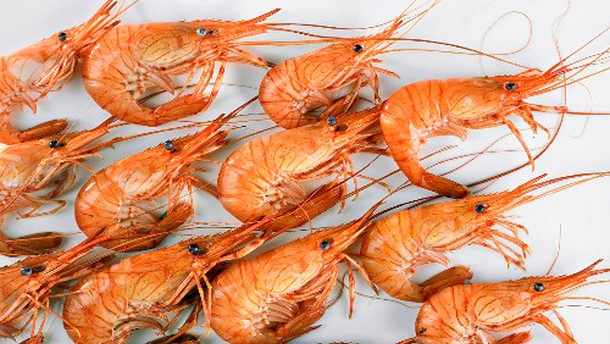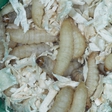
The project is lead by an expert in testing the properties of materials, Dr Nicola Everitt from the Faculty of Engineering at Nottingham, together with academics at Nile University in Egypt.
The project's aim was to produce an innovative biopolymer nanocomposite material which is degradable, affordable and suitable for shopping bags and food packaging to extend product shelf life. They chose chitosan, which is a man-made polymer derived from the organic compound chitin, extracted from shrimp shells, which themselves pose a large waste porduct in Egypt. Bioengineers explain that chitosan was also selected because it is "a promising biodegradable polymer already used in pharmaceutical packaging due to its antimicrobial, antibacterial and biocompatible properties." In Egypt, effective waste management is one of the country's biggest challenges, so this new material is being optimised especially for use under Egyptian conditions.
"Non-degradable plastic packaging is causing environmental and public health problems in Egypt, including contamination of water supplies which particularly affects living conditions of the poor," explains Dr Everitt.
If successful, Dr Everitt is planning to approach UK packaging manufacturers with the product.



